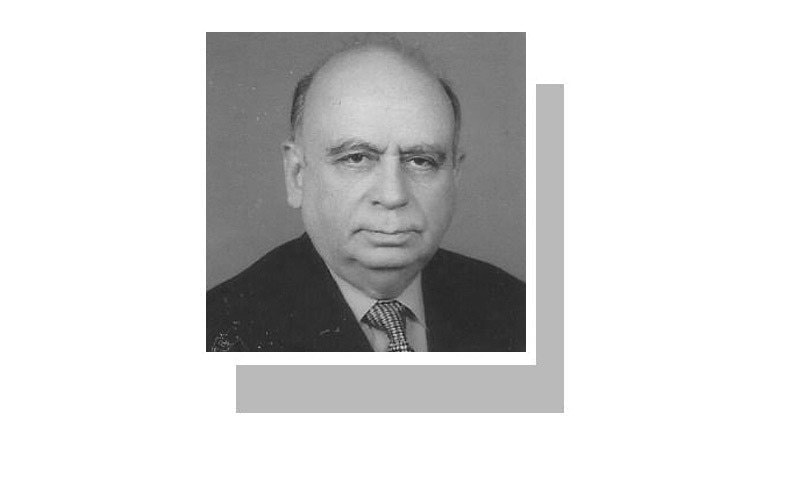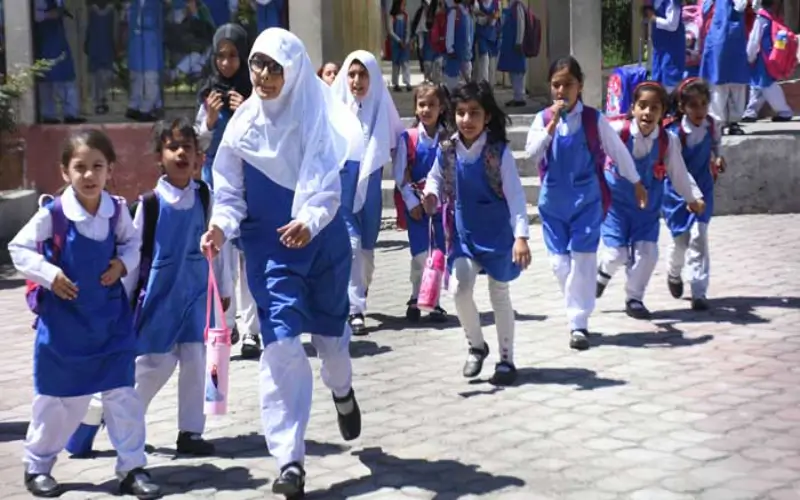THE Frontier Constabulary (FC), forged by the statute of 1915 from the fearless Samana Rifles and Border Military Police, was born not merely of administrative necessity, but also of a greater understanding by the British rulers that only those who walk the mountains can guard the mountain paths.
The FC was therefore tasked with protecting the settled area against incursions from the tribal area; it did so remarkably well and created a barrier between chaos and order — not of stone or iron but of blood and bone. The British, wise to the ways of empire, only recruited from among these sons of the soil to harness the strength of tradition. Thus, the FC was designed as a shield, a tribal force on the threshold of settled territory. It was not merely a force of containment, it was also a bridge between statecraft and tradition.
After Partition, the FC’s role underwent a quiet transformation. No longer merely the guardian of the frontier, it was summoned to the heart of the republic to restore order amid unrest; to aid the people in times of flood and fire, and to serve as the federal arm of protection and restore order.
In August 2022, I wrote a column in this newspaper about redefining the role of the FC. With time, the FC’s role had practically converted it into a federal law-enforcement force that was deployed all over Pakistan. Since it was commanded by police officers, its deployment side by side with local police posed no problem and it blended perfectly with the civilian police instead of working as a parallel force under a different command.
FC restructuring strikes a careful balance between tradition and modernity.
Every civilian government has valued the need for a federal force to deal with internal security threats. But due to the unfortunate experience with the Federal Security Force, created in 1972 and disbanded by the military government that followed, no one was prepared to initiate any proposal. In 2018, the then interior minister Ahsan Iqbal floated the idea of converting the FC into a federal force. However, no action was taken.
It is now that the government, realising the need for such a force, has decided to convert the Frontier Constabulary into the Federal Constabulary. The responsibility of preparing a proposal for restructuring the force was assigned to the present team of officers who have a profound respect for the Pakhtun tribal code of conduct. Their understanding of Pashtunwali enables them to preserve the tribal strength and spirit that have long defined the force, while shaping it into a modern security institution — one that draws its resilience from age-old customs but adapts to contemporary needs.
Their discipline is not imposed, it is inherited. Their loyalty is not bought, it is sworn. Where others rely on uniform and oath, the FC is strengthened by the enduring vows of ghairat (honour), nang (dignity), and badal (revenge) — concepts misunderstood by the foreign mind but recognised in the Pakhtun heart.
In response to today’s security challenges, while preserving the legacy of the Frontier Constabulary, an imaginative and pragmatic restructuring plan has been proposed. The proposal carefully protects the unique architecture of the FC by ensuring its continued role as a distinct and vital component of the new federal force.
To enhance operational efficiency, improve command and control and streamline deployment, two new supervisory tiers have been introduced: the Company, comprising three platoons, and the Wing, consisting of five companies. This structural refinement will strengthen coordination and field effectiveness. Initially, six new wings are being raised against reallocated vacancies of the existing strength, with additional ones to be raised as and when required in the future. Substantial financial resources will be provided to upgrade infrastructure and weapons to deal with emerging challenges.
The new organogram envisions two divisions within the federal force: the Security Division, which will include the existing FC and focus on security and counterterrorism operations; and the Federal Reserve Division, which will undertake riot control and special protection duties. This division will be recruited on a nationwide basis according to a defined provincial quota system. The headquarters of the overarching federal force will remain in Peshawar, upholding historical continuity. Meanwhile, the Federal Reserve Division will have its headquarters in Islamabad, under the command of a deputy inspector general of police.
This restructuring strikes a careful balance between tradition and modernity. It ensures the preservation of the FC’s proud heritage of tribal valour and sacrifice, while creating a national-level federal force equipped to respond to emerging security demands. Furthermore, the decision to retain police command over the entire structure through legislation reinforces civilian ethos and oversight of this unique force.
By grounding the new federal force in both tradition and professionalism, this visionary reform not only dispels misconceptions surrounding its creation but also enhances the federation’s ability to uphold law and order within federally administered territories while providing support to the provinces upon request. Importantly, the powers granted to the federal force under the law are applicable strictly during active deployment. The legislation does not authorise the force to engage in parallel policing or exercise powers outside the scope of its assigned duties.
Yet, for this vision to be fulfilled, the FC must be given what it has earned — formal recognition as a civilian federal force, free from politicisation, with operational autonomy and fixed tenures for its senior leadership. It must not be swallowed up by larger formations, nor reduced to a mere auxiliary force. It must stand on its own — as a proud symbol of a federation that understands and honours its limitations.
On a personal note, I take the liberty of sharing my long and cherished association with the Frontier Constabulary — a force that I have had the distinct honour to serve in some of the most challenging moments of our national history. In 1995, I had the greatest privilege of all — to lead this remarkable force as its commander. What I witnessed throughout was a spirit that defies defeat: men always ready to stand their ground, to fight to the last man, and to execute orders without hesitation — even at the cost of their own lives. The FC is not just a law-enforcement unit; it is a symbol of courage, discipline and unflinching loyalty.
The writer is a former IGP Sindh.
Published in Dawn, July 24th, 2025




